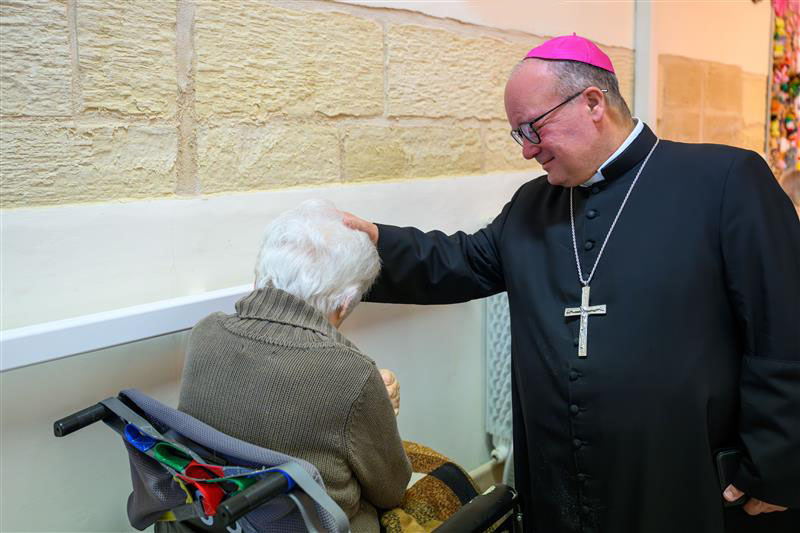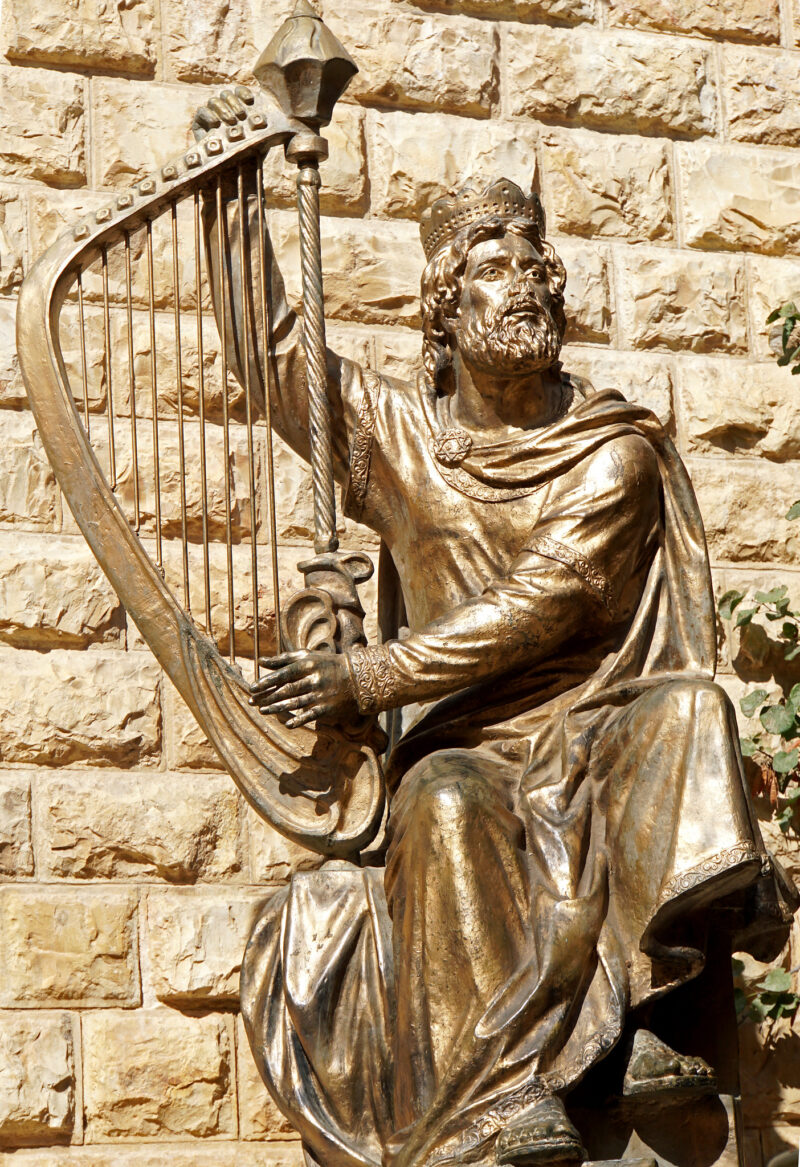This course is eligible for the Get Formed! scheme, allowing students to reclaim 70% of their course fees upon completion. For more information, visit: https://pfi.edu.mt/get-formed/.
In a world shaped by clicks, screens, and shared stories, the digital landscape offers a vast frontier for evangelization, community-building, and meaningful dialogue. This course provides a structured practical pathway for pastoral workers and volunteers who will be guided through the key areas of the digital presence including understanding digital culture, the language used on social media, content creation, and building a sustainable web presence. This course is intended not only to pastoral workers and parish volunteers, but also to members of ecclesial entities and groups who are interested in digital ministry or currently contribute to their online presence—whether through websites or social media.
Pastoral workers and volunteers – not just the ones in parishes but other ecclesial entities and groups – who are interested in the subject or are involved in the entity’s digital presence (web or social).
Target Audience Age: 18+
The course will take place on Wednesdays from 6:00pm – 8:00pm at Ta’ Mlit Pastoral Centre, Mosta
Students have the option to join this course online via Zoom
| Date | Session |
| 8th April 2026 | Understanding the digital space and the importance of the Church’s digital presence |
| 15th April 2026 | Understanding the digital language, audiences and how to engage with them. |
| 22nd April 2026 | Your voice on Social Media |
| 29th April 2026 | Content Creation – Part 1 |
| 6th May 2026 | Content Creation – Part 2 |
| 13th May 2026 | Web Presence |
| 20th May 2026 | Understanding Reach and Engagement |
| 27th May 2026 | Church structures and resources available for Church Entities |
This course has three exit certificate options:
- Certificate of Attendance
To obtain a Certificate of Attendance, students must attend 80% of course contact hours.
2. Certificate of Participation
To obtain a Certificate of Participation, students must attend 80% of course contact hours and pass from a short online assessment.
3. Certificate of Achievement
To obtain a Certificate of Achievement, students must:
- attend 80% of course contact hours;
- pass from short online assessment
- pass from a project
Language: Participants must have a primary level understanding of Maltese and English.
Digital: Participants must know how to access the internet and use office suites.

















